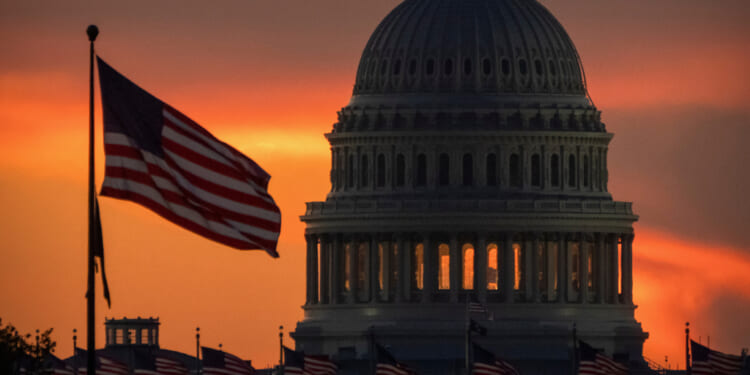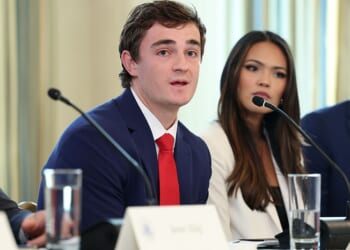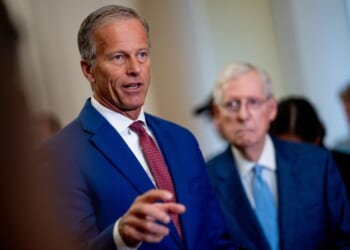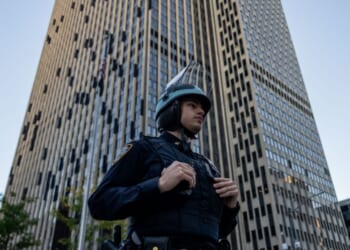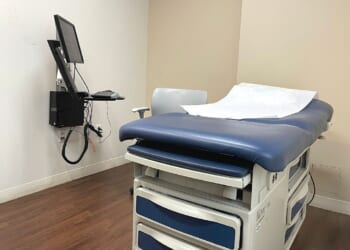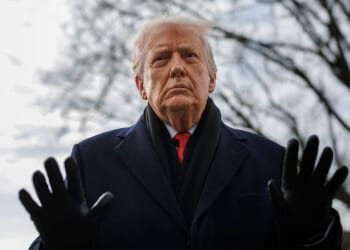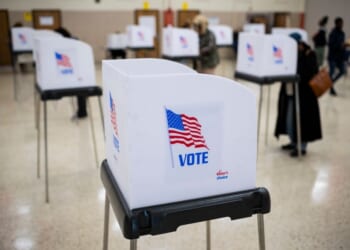A last-ditch effort to pass a short-term federal funding measure failed in the Senate last night. At the center of the standoff: deep cuts in Medicaid and safeguards on the president’s power to cut future spending.
The ongoing push to prevent the government shutdown fell short in the Senate after the House had approved a temporary funding patch. It had been tied to the president’s spending bill that cut nearly a trillion dollars from Medicaid over the next decade – a sticking point for Democrats.
“This truly is a Democrat-owned shutdown – a Chuck Schumer-owned shutdown,” said Sen. John Barrasso (R-WY). “There is no negotiation, it’s a shakedown when you ask for a trillion dollars for four weeks. It’s absurd.”
Republicans needed eight Senate Democrats to cross over to their side, but only three did.
“I tell you; we have $17 trillion being invested, the last person who wants it shut down is us,” President Donald Trump told reporters in the Oval Office Tuesday.
It’s the first shutdown since 2018 during the president’s first term, which was the longest in 40 years. While the president says he doesn’t want a shutdown, he suggests he can use it to make even more cuts that Democrats oppose.
“We can do things during the shutdown that are irreversible – bad for them,” Trump said. “Irreversible by cutting vast people out, cutting programs that they like.”
Democrat demands include funding for expiring health care subsidies, restoring planned Medicaid cuts, and legislation to limit the president’s authority to make unilateral spending cuts.
“Trump doesn’t care about how this shutdown will affect average Americans across the country,” argued Sen. Patty Murray (D-WA). “He doesn’t care about the Republican healthcare crisis. He clearly thinks this is all a game.”
Republican leaders say they will not enter into negotiations until Democrats agree to vote to reopen the government.
“The negotiation happens when the government opens,” said Senate Majority Leader John Thune (R-SD). “We’re happy to sit down and talk about these other issues they are interested in, but it should have nothing to do with whether or not we keep the federal government open.”
With the shutdown in effect, hundreds of thousands of federal workers face furloughs, while millions of active-duty troops must work without pay. National parks and museums are closing, passport and visa processing will slow, and food assistance programs face delays. Also, TSA agents and air traffic controllers will remain on the job despite no paycheck. All this, as lawmakers’ salaries continue uninterrupted.

